Half of all humans born on this planet are female. You’d think that would mean that half the heroes we hear about — at work, in school, in the media — would be, too.
But we all know the truth is far different, especially in the business world. Only 32 of the Fortune 500 companies have female CEOs. Women receive less than 1 in 5 Academy Award nominations. Even at Conscious Capitalism’s CEO Summit, only three of 19 speakers last year were female.
We’d like to change that.
Perhaps because we’re a women-led company, we’ve had no shortage of powerful female business role models to inspire and encourage us, especially lately — many of them have already graced our pages, some more than once. And when our co-founder Meghan French Dunbar joined an all-female journey deep into the Amazon rainforest last summer, she returned even more convinced of the importance — for both men and women — of witnessing heroic female leadership.
Thus was born the first World-Changing Women’s Summit, an in-person gathering happening at 1440 Multiversity February 20–22, 2018, where 200 established and emerging female leaders will convene to nourish themselves, find each other, and strategize about how to elevate humanity. But we know only a small fraction of you will be able to join us in that room — plus the event excludes men, the other half of our tribe. So we decided to create a virtual gathering right here, a who’s who of female heroes where everyone’s invited.
How we created the list
In assembling this list, we reached out to an ever-growing network of allies in all corners of the conscious business world, from industry groups to up-and-coming entrepreneurs to our partners at other media organizations. We added our own picks to the mix, then had the joyous, daunting task of deciding whom to feature.
We make no claims on comprehensiveness. We know without a doubt that dozens, if not hundreds, of other faces could have justifiably appeared in these pages. And yet we’re very excited about the fabulous group we’ve gathered here, a mix of household names and people we think the world should start hearing more about.
Creating this list has left us feeling inspired, optimistic, and more aware than ever that women are kicking ass in the business world, on their own terms.
We hope that their examples help give you a new model of what changemakers in business can and do look like.
Here’s to the heroes and the mission we all share.
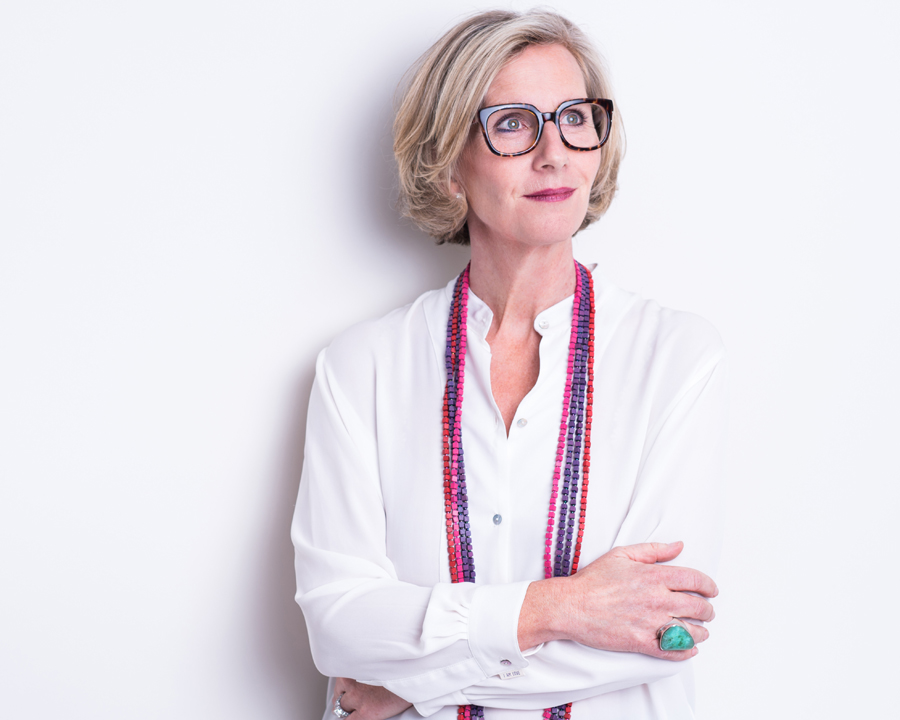
Saunders is an entrepreneur’s entrepreneur. Most of her work over the last few decades has involved creating organizations that empower and inspire others to make a difference in the world by starting a business. She has co-founded and run four ventures, including Kids-NRG/The NRG Group, an incubator for youth-run ventures that went public on the Toronto Stock Exchange in 2000. Her latest project, SheEO, exists to radically transform how we finance, support, and celebrate women-led ventures that benefit humanity. She’s rallying a community of radically generous women who each donate $1,000 (now $1,100) to build a perpetual fund to support innovative women-led ventures. In two and a half years, the program raised $3 million from 3,000 women ages 14–93, funded 32 women-led companies with zero-interest loans, and saw a 100 percent payback rate.
Favorite leadership advice
“If you want money, ask for advice; if you want advice, ask for money.”
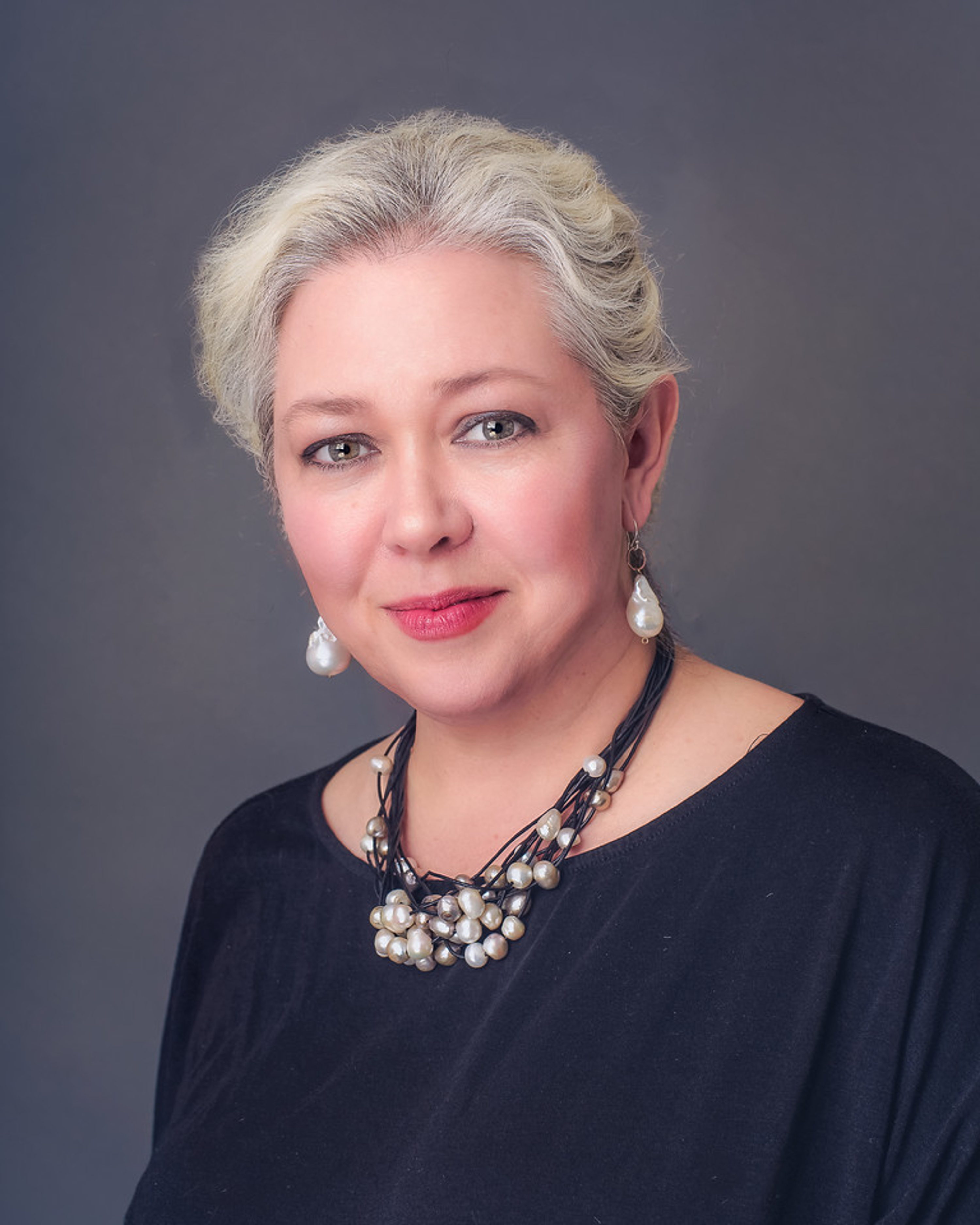
Morton has spent more than 30 years working on using business to solve climate change and promote social justice, indigenous rights, and women’s leadership. In 2009, she co-founded First Power, which creates partnerships to put energy, jobs, and equity in the hands of indigenous communities. These days, she’s CEO of Change Finance, a majority-women finance company that is creating affordable, easy-to-access investments that democratize impact investing. This pending B Corp recently launched the first fossil-free, diversified, impact-focused exchange-traded fund on the New York Stock Exchange.
What makes a good leader?
“Good leaders listen; they share power; they lead from the front, back, and sides of organizations. Good leaders know and hire to their weaknesses and appreciate the heck out of their people. Good leaders become worthy elders.”
Advice for social entrepreneurs
“Anyone left out of the dominant economy — women, people of color, indigenous, poor people — is essential to building a new economy that is more clean, more just, and more capable of regenerating Earth’s life-support systems. The world is starved for a lack of us; we have to know this, carry this fire, and drag systems to sanity.”
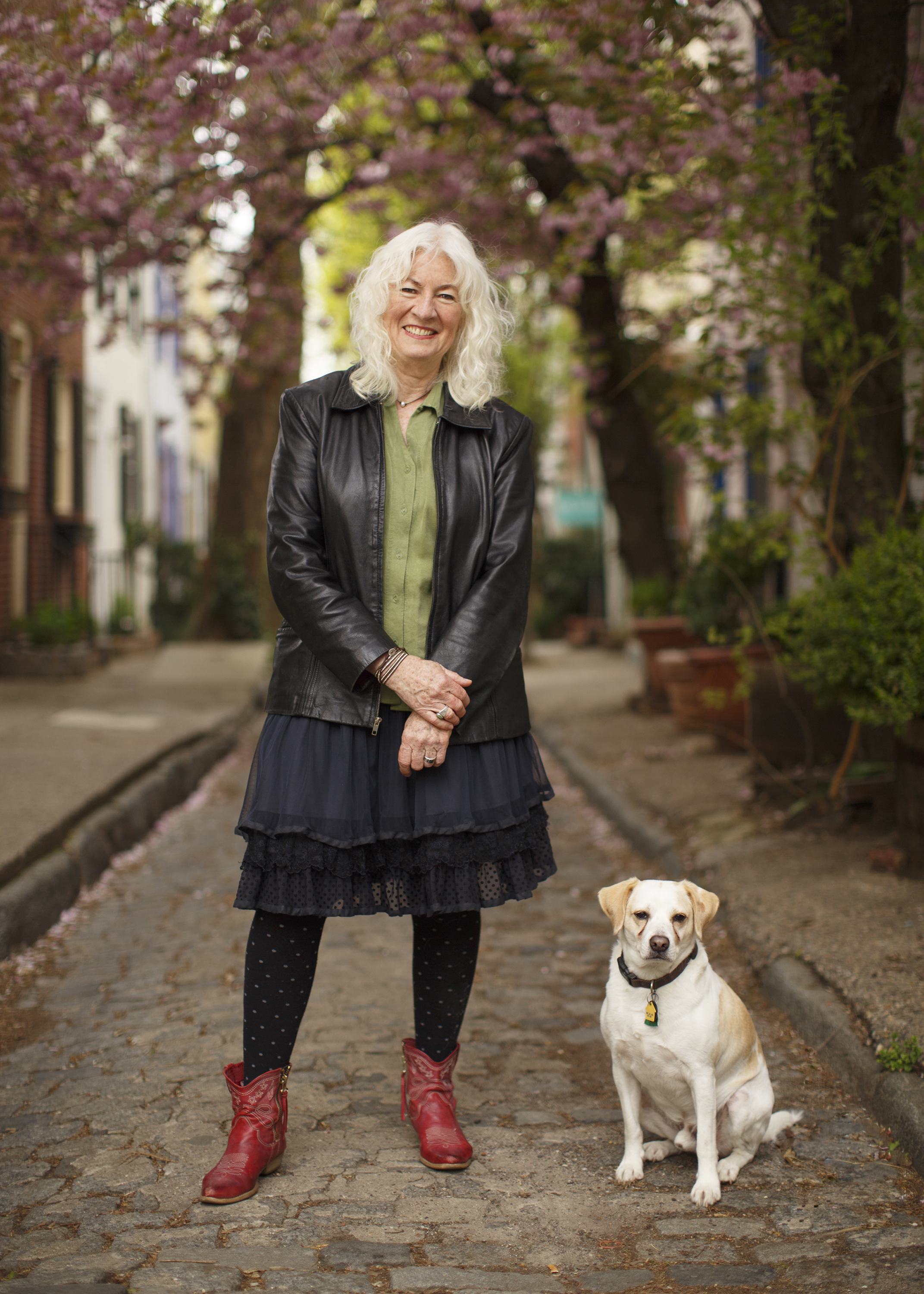
Wicks is a true pioneer of the responsible business movement. In 1983, she founded the White Dog Cafe, and for 26 years operated this farm-to-table trailblazer that, among other best practices, uses 100 percent renewable electricity, pays a living wage, and runs educational programs for its community. Wicks has also helped kickstart a wider movement of local economies and socially conscious entrepreneurship through the networks she helped establish, including the continent-wide Business Alliance for Local Living Economies (BALLE). After selling her company in 2009, she started a local loan fund called Circle of Aunts & Uncles, which provides capital and business advice to entrepreneurs who don’t have family members who can do so.
Favorite leadership advice
“Make business decisions from the heart and consider the impact on the well-being of customers, employees, suppliers, community, animals, nature, and future generations.”
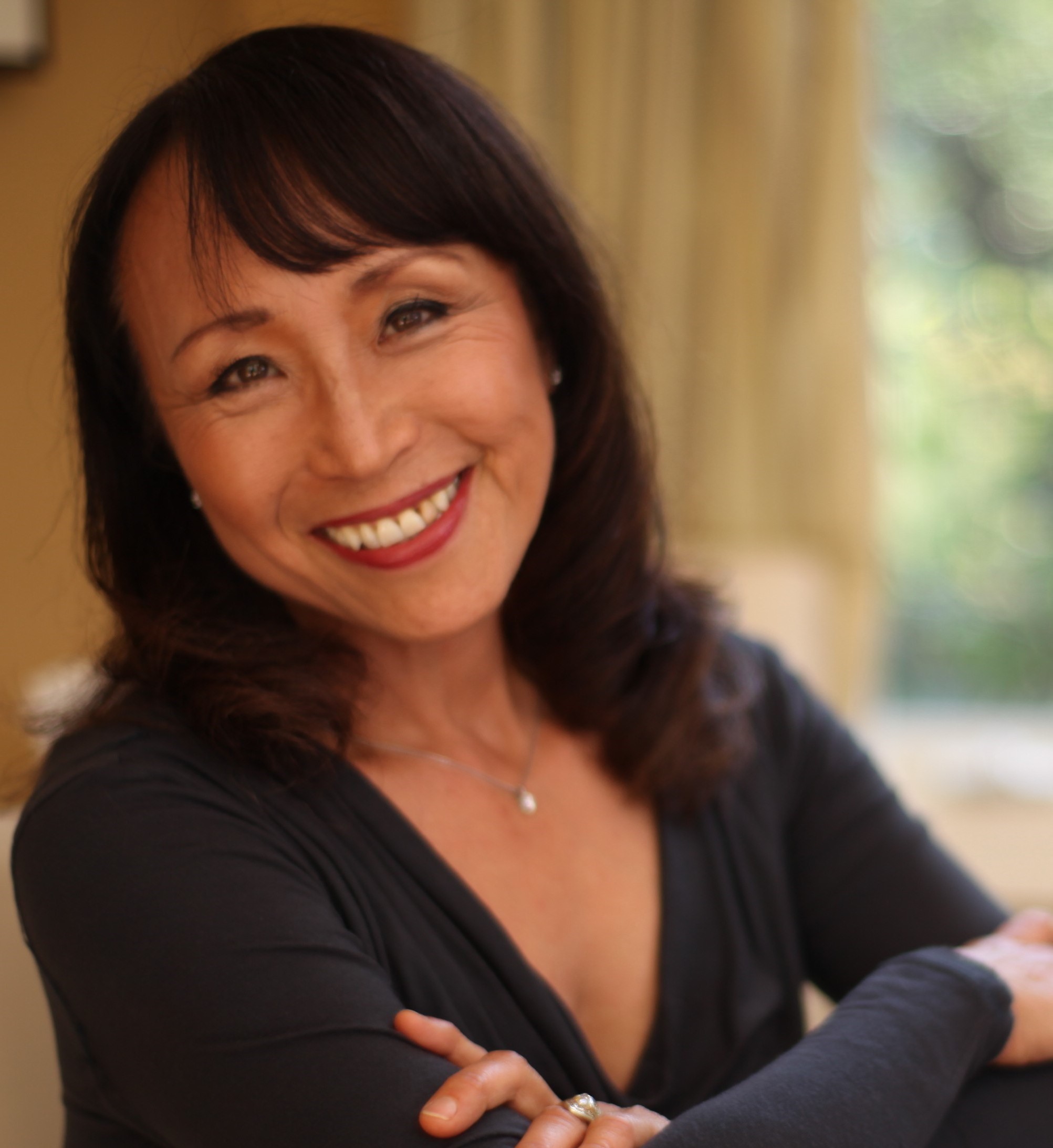
For decades, Schinner has delighted in cooking and feeding people. In 1991, she produced her first vegan cookbook, before most people even knew what the word vegan meant. She’s owned a vegan restaurant and a natural food company, and even produced cookies for United Airlines. Now, her latest venture combines traditional cheesemaking techniques with modern technology to produce plant-based cheese and butter with 90 percent fewer precious natural resources than the dairy-based equivalent. In just three years, her product has become a leader in the alternative cheese category. She does her best to ensure that her company exemplifies food justice, sustainability, and animal rights, not only to its customers, but to its employees.
What’s the role of business in improving the world?
“While activism can identify problems and fight for change, business must be the driver of change by providing viable solutions that make it easy for consumers to empower themselves through their choices and adopt lifestyles that transform the world.”
Her advice for female entrepreneurs
“Put your mission at the forefront of your business. Don’t be afraid to talk about it at every opportunity and don’t water it down because you’re trying to sell a product and don’t want to come off too strong. The product is the vehicle that makes achieving the mission possible, but the mission is the goal. And don’t underestimate your strength or abilities — I see women give away their power all the time through self-doubt. It’s good to reflect honestly about your abilities and how they could be improved, but don’t doubt them. After all, you are the one who had the balls to get the business started.”
Favorite leadership advice
“Let others think it was their idea, even if it was yours. Always give credit.”
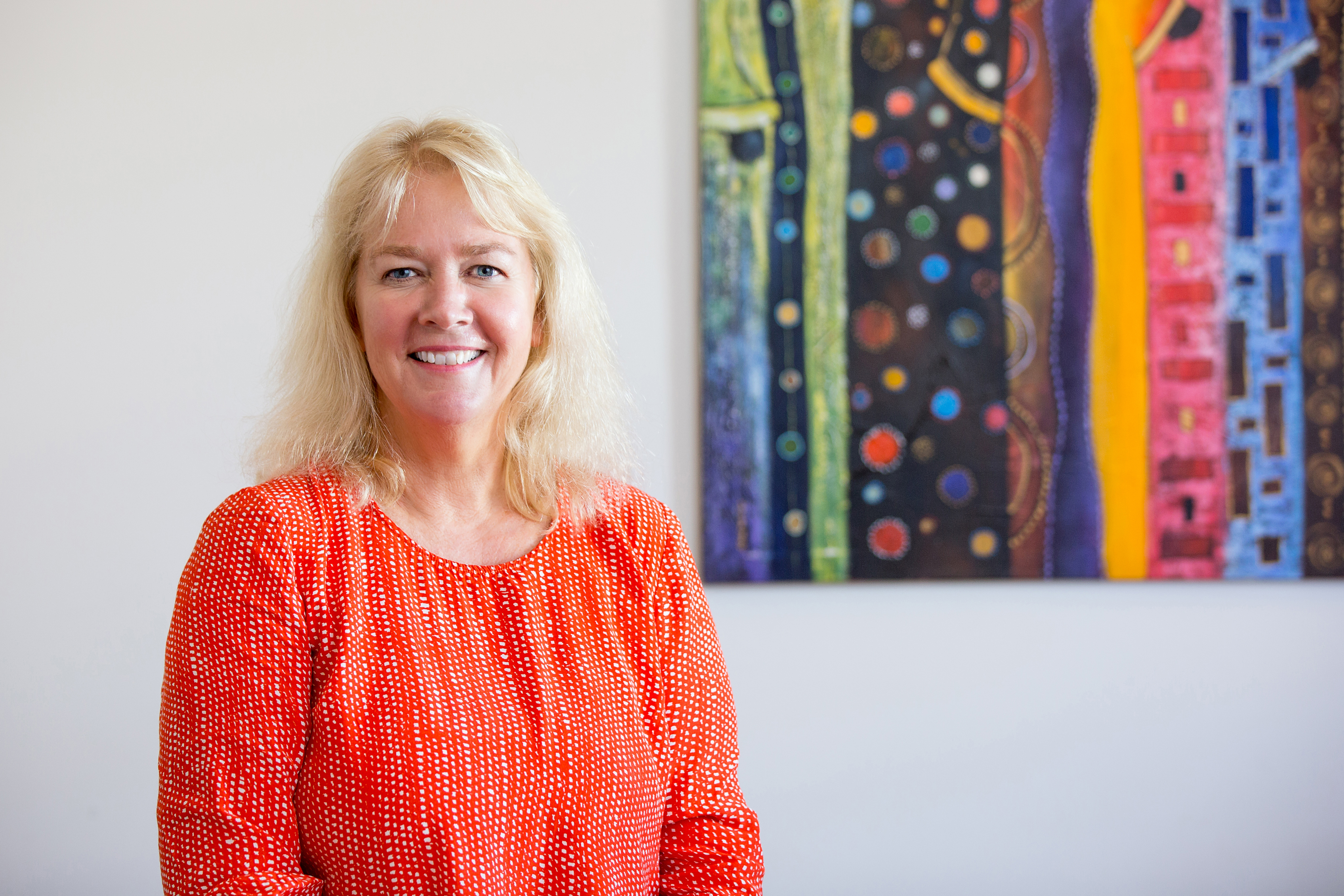
While many US readers may not be familiar with Exel, in Australia she’s a social impact legend. First, she was one of the youngest women in the world to run a publicly traded bank. Then, when she founded the Adara Group(originally called the ISIS Group) in 1998, she created one of the earliest examples of a hybrid social enterprise; in this case a corporate advisory business established entirely for the purpose of funding a nonprofit. All of the profits from both Adara businesses, Adara Advisors and Adara Partners, are directed towards covering the core support costs of Adara Development, which every year delivers services to improve health and education for more than 50,000 women and children living in extreme poverty.
Favorite leadership tip
“Never listen to the voice that tells you no — in your own head, or from others. Use that voice to spur you on to greater achievement.”
Her advice for social entrepreneurs
“This is the most exciting space you can be in, and the space of massive change and creativity in the decade ahead. When you connect your head and your heart amazing things happen, and your life and the life of those around you will be hugely enriched.”
What makes a good leader?
“Humility. Compassion. Humor. Tenacity. Listening skills.”
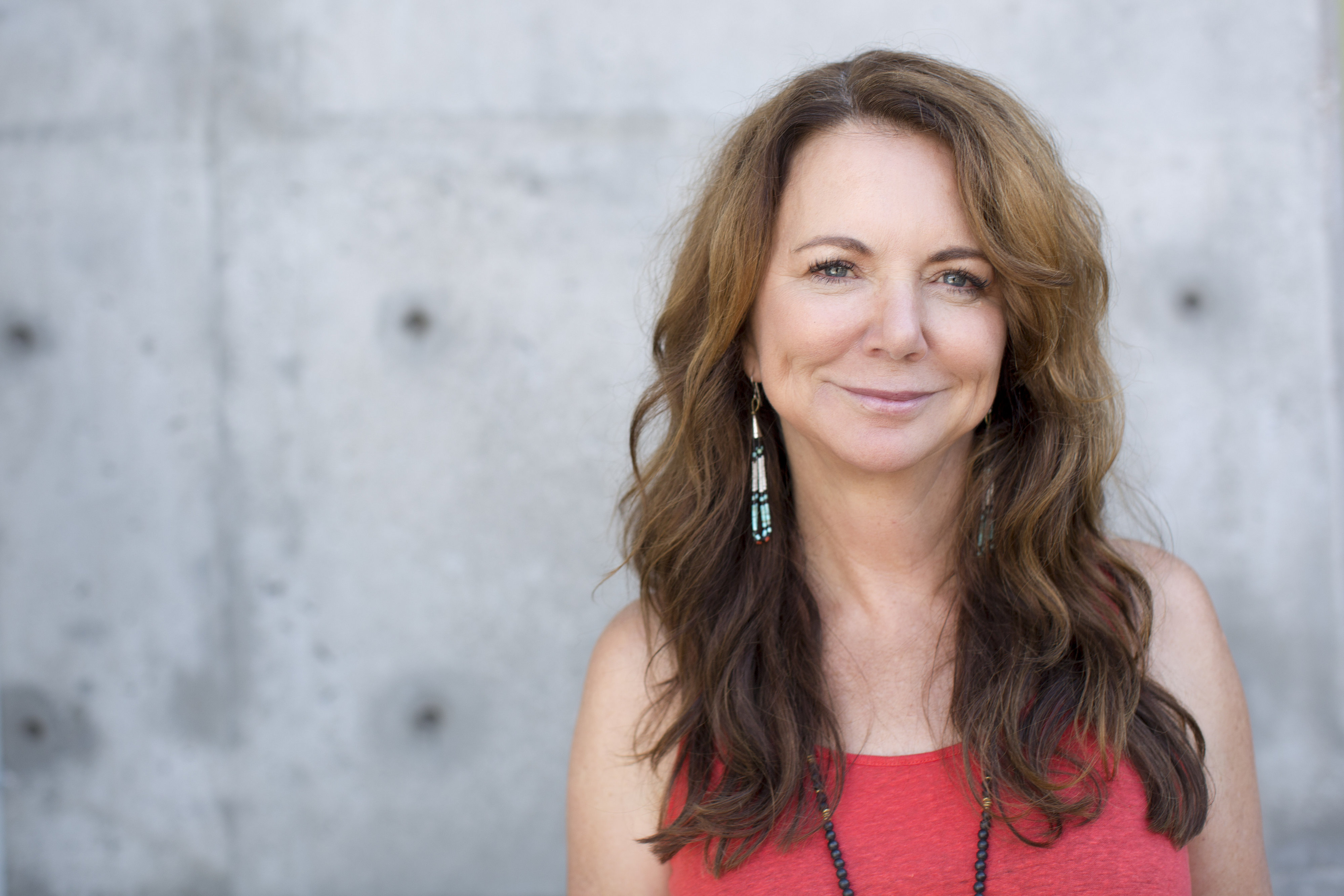
In some ways, Jordan’s is a classic entrepreneurial success story: an idea that started as a passion project in a basement has now grown into one of the most successful businesses in its industry. But what makes the rise of the US’s fourth-largest craft brewery special is the way Jordan has again and again ignored conventional wisdom to create one of the most equitable, sustainable, and community-focused companies around. Jordan was a social worker before launching New Belgium with her former husband, and that human-centered perspective shows in her leadership. In 1996, they opened the books to employees; by 2012, the company was 100 percent employee-owned, and it became a B Corp in 2013.
Her advice for social entrepreneurs
“As quickly as you can, have the confidence to be who you are and take chances. Until you’ve had some successes, it’s easy to think ‘I can’t do that, I can’t say that, businesspeople don’t do these things.’ It’s ok to make some choices that feel on the margins.”
One secret to her success
“I’m always thinking about how things fit together, what the root cause is, and how we might change the system to have a better outcome.”
Personal mission
“Let my life speak.”
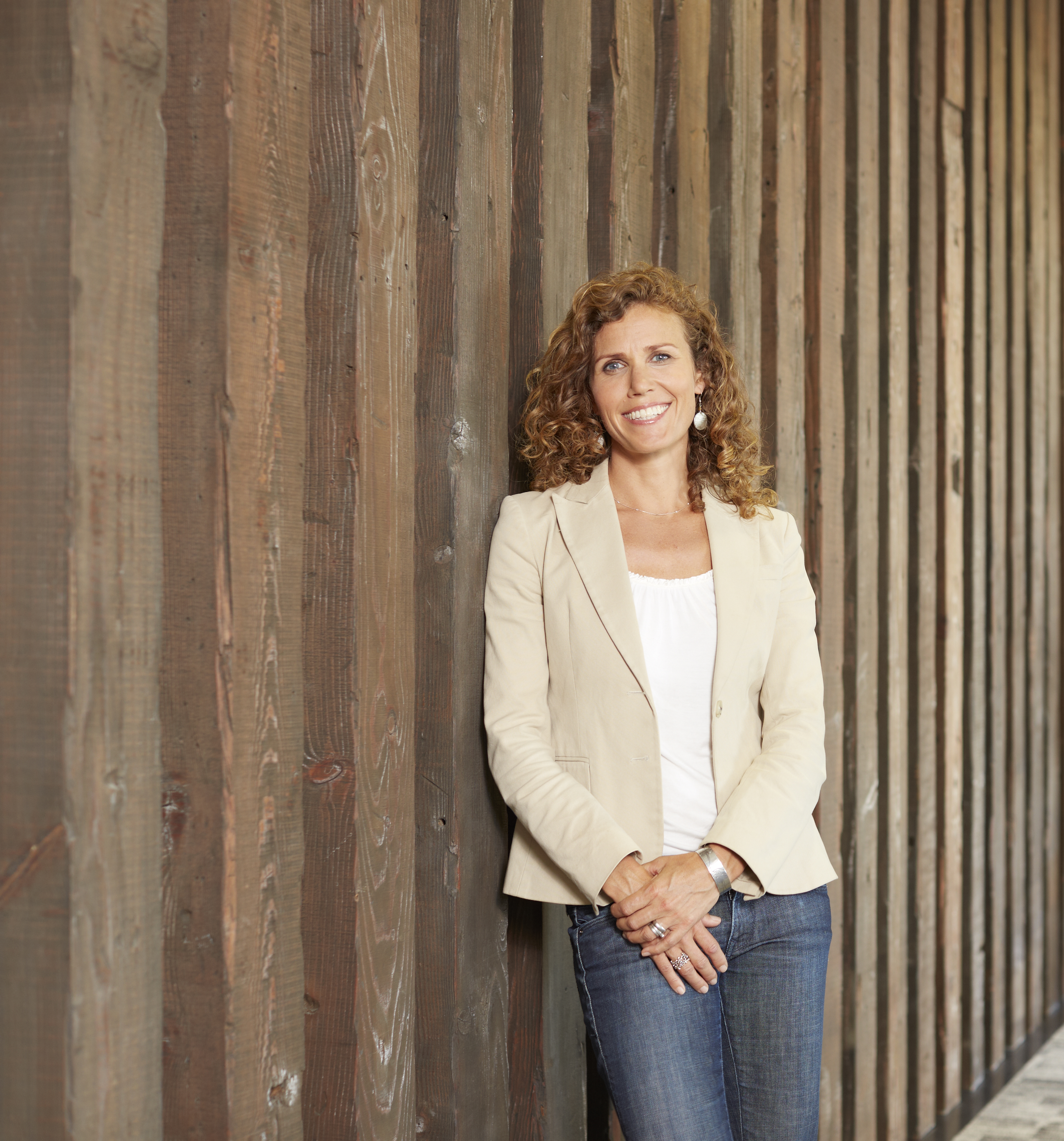
After 10 years in the nonprofit sector, Cameron read “The Ecology of Commerce,” by Paul Hawken, and realized that to create the transformative environmental change she wanted, she needed to work in the private sector. After earning an MBA and landing a CSR role at Hewlett Packard, Cameron wrote a letter to the CEO of Autodesk, which makes design software, about the company’s potential to integrate sustainability into the business. It worked. For the past 10 years, she has led the charge to incorporate a sustainability lens into a wide variety of the company’s offerings, including programs that invest in and support people designing solutions to today’s most pressing social and environmental challenges. The Autodesk Foundation, which she helped launch, has invested millions in entrepreneurs and innovators who are designing a sustainable world, while Autodesk’s sustainable design education has reached over 2 million students and professionals worldwide.
What makes a good leader?
“Listening is an undervalued leadership trait.”
Favorite leadership advice
“You are only as good as your team.”
Her advice for other intrapreneurs
“Driving transformational change doesn’t happen overnight. Play the long game, keep your eye on the ball, and don’t give up.”
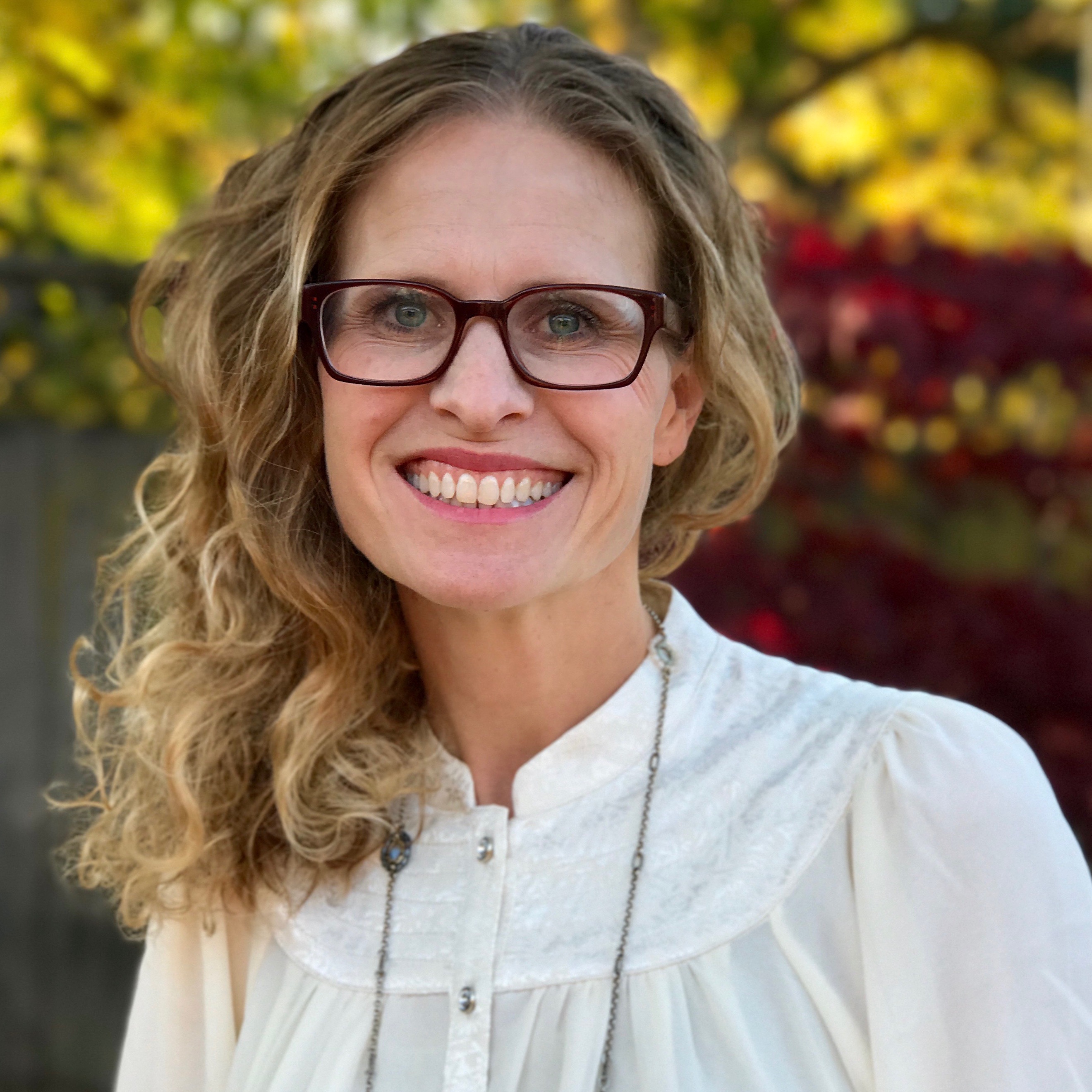
When Michele Bousquet arrived at GoPro in 2016, she was a little skeptical that she was the right person for the HR role she was stepping into. The person hiring her said, “How about you come here and do you, and we’ll call that HR” — and that’s what she’s been doing ever since. In a 1,300-person organization built on passion, she’s had the courage to lead from the heart. In addition to heading an HR team focused on building organizational trust, belonging, and mindful leadership, she launched the company’s first learning and development program, called Opportunity Lab. The program includes content on mindfulness, resilience, extraordinary communication, leading from the inside out, and embodying higher levels of leadership. “Things that matter to me,” as she puts it.
Her advice to intrapreneurs
“Even if you feel afraid or it seems unpopular, be courageous enough to embody your whole self at work. Do away with the pretense of a corporate persona. If you lead with an open heart, others will take your example, and you might find you can shift the norms, however modestly, from wherever you are.”
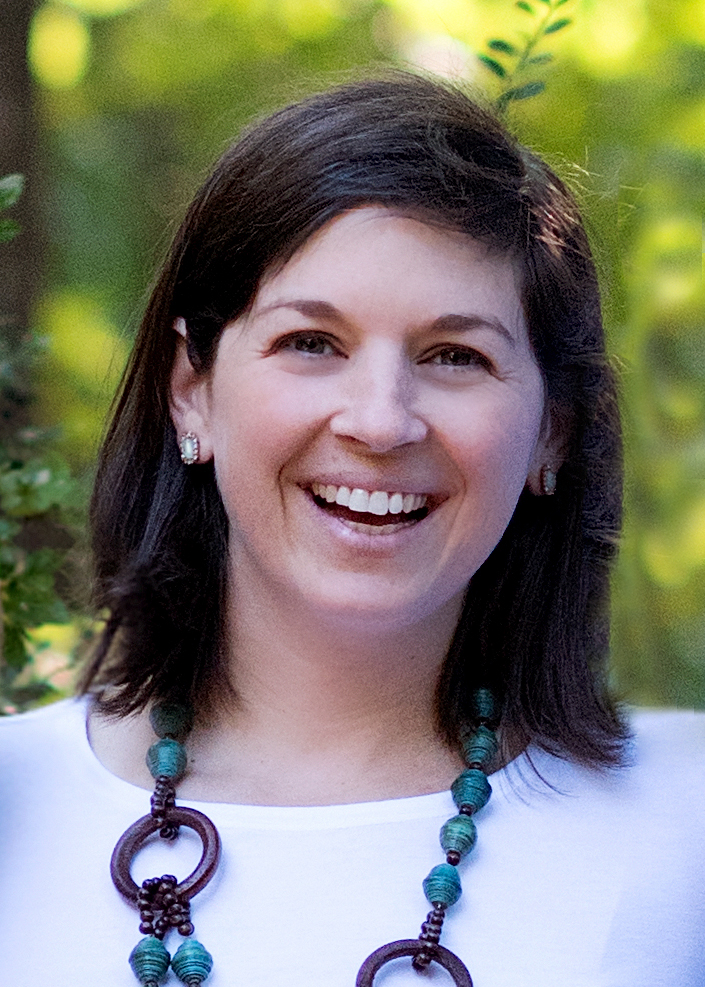
Dinos has worked for a decade in executive recruitment at Korn Ferry, a global people and organizational advisory firm with 7,500 employees. Guided by her passion for the conscious business movement, two years ago Dinos created Korn Ferry’s Purpose Community. Thanks to her leadership, more than 200 employees globally now collaborate in bringing purpose and conscious business practices to their clients and the firm. In 2016, she led a research study (“People on a Mission,” Korn Ferry Institute) in which 30 conscious business leaders and 20 of her colleagues shared best practices about how humans enable success in purpose-driven organizations. “There are amazing people inside all sorts of companies who are trying to find ways to use their business for positive impact,” she says. “We need to think outside the boundaries of our organizations to build momentum on our shared mission.”
Her advice to intrapreneurs
“Wherever you are right now, in this moment, this is your platform for having the impact you desire. If you put all your energy into what you’re doing right here, right now, then the future you desire will find its way to you.”
What’s giving you hope?
“The collaborative spirit and trust among the conscious business community.”
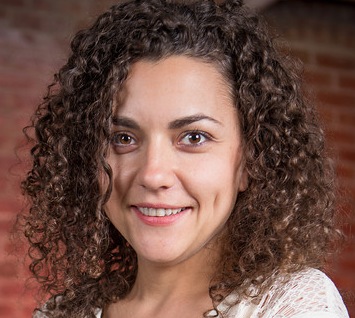
At Pearson, Berkova isn’t merely an intrapreneur herself; she’s also helping the rest of the global education company’s 32,700 employees across 70 countries innovate from within. In 2016, she led the launch of an internal incubator for social innovations that can be profitable (or which deliver business value) for the company through meeting untapped learning needs around the world, especially for underserved populations in lower-income markets. More than 160 self-selected teams submitted ideas from across the company. “These were all people willing to go above and beyond their day jobs to help solve the many educational challenges facing the world today,” Berkova says. Pearson invested in 17 teams to proceed, has provided over 1,800 hours of coaching in social innovation skills and approaches since the program’s inception, and plans to run a new round of submissions in early 2018.
Her advice to intrapreneurs
“Don’t try to do this alone. Always work with partners, mentors, and advisors from both within your company and outside. Surround yourself with smart, positive people and you can make magic happen even amid a tough environment.”

By 2014, Raina had already risen to head of growth and innovation at one of world’s largest employers, Tata Consultancy Services (TCS). But as she finished a leadership program at international business school INSEAD, she became convinced that the next evolution of business was strengthening employees’ inner cores, taking them on a journey from self-mastery to leadership mastery to business mastery. With no HR experience, she soon designed, launched, and earned top management support for a demanding Personal Excellence academy involving 20 workshop days over 6 months, plus an online support component. Over the last few years, the program has scaled rapidly from having 50 associates in each session to having 600. People sometimes fly across states to attend, and many report that it was a life-changing program both personally and professionally. “Before, business impact was largely being linked with domain expertise and technological competence,” says one of her colleagues, Gunjan Wadhwa. “Nidhi stood up for inner transformation and changed the paradigm.”
Favorite leadership tip
“For any initiative, return on reputation — values and beliefs, as an organization and as an individual — is as important, if not more so, as return on investment.”
What makes a good leader?
“A good leader follows a purpose or calling to lead an impact. She works with an organization for a cause, not for an organization with people.”
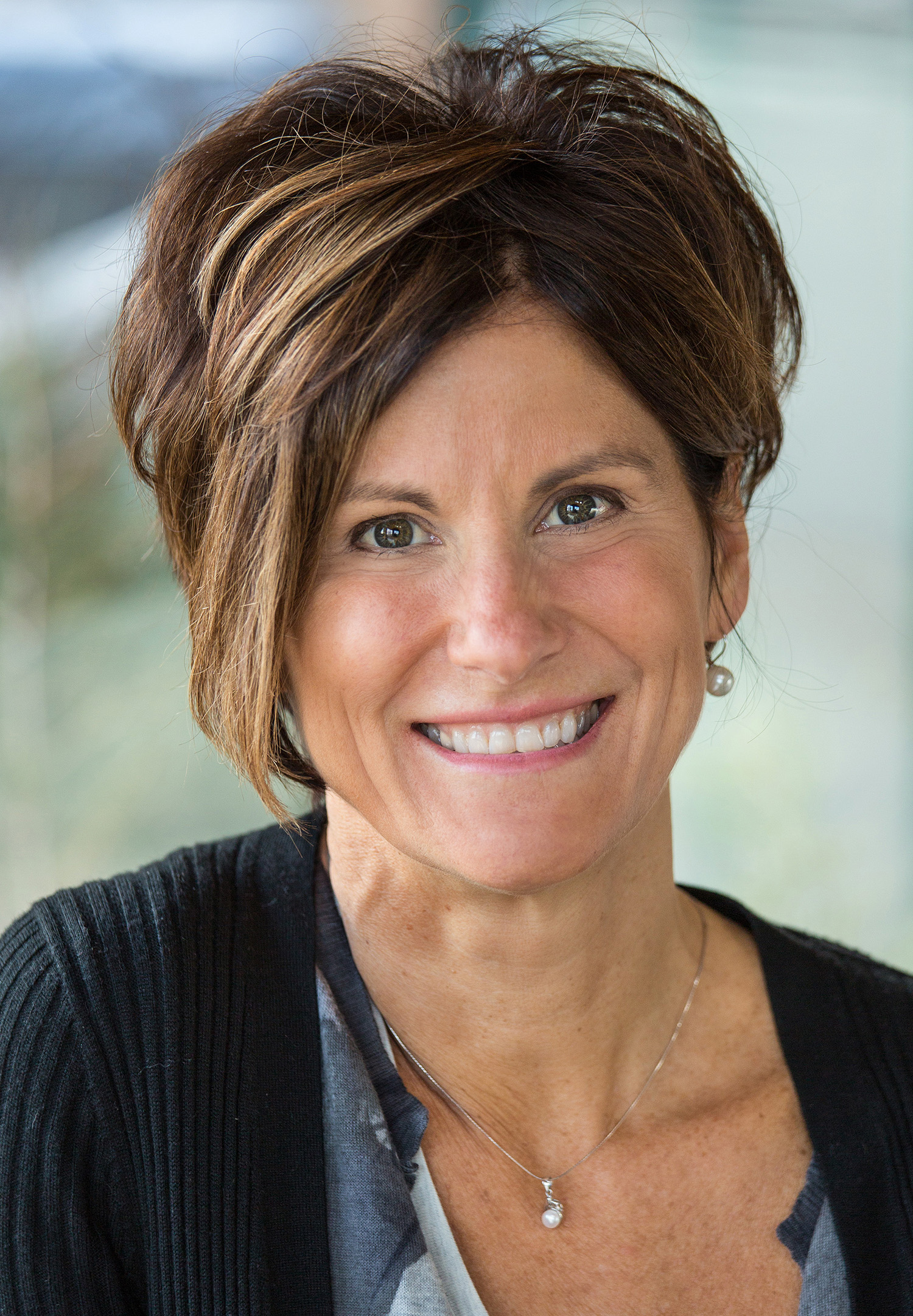
Is it just a coincidence that the first electric utility to become a B Corp is also one of the few led by a woman? We don’t know, but since she took the helm at Green Mountain Power (GMP) in 2008, Powell has continued to break barriers and shake up assumptions about what a utility can be — going as far as to call the business an “un-utility.” In one example of her obsessive focus on knowing customers, she moved the company HQ from a steel-and-glass fortress into a building shared with line-workers — in other words, the ones who meet customers every day. Under her leadership, GMP also became the first utility to partner with Tesla on Powerwall home energy solutions, and the first to offer a battery/solar off-grid package to its customers. Her focus on “leading with love” seems to be working: in a survey required by Vermont regulators in 2016, GMP received a 94 percent customer service satisfaction score and a 96 percent on providing reliable electric service.
Her advice to corporate leaders
“Be bold. Don’t think of yourself — think about the impact you can have. Make the mission larger than yourself.”
What’s giving you hope?
“Love. I have long believed in the power of love: the power it holds to transform lives, the power it holds to transform companies, the power it holds to solve problems and to innovate a future that is better than our present or past.”
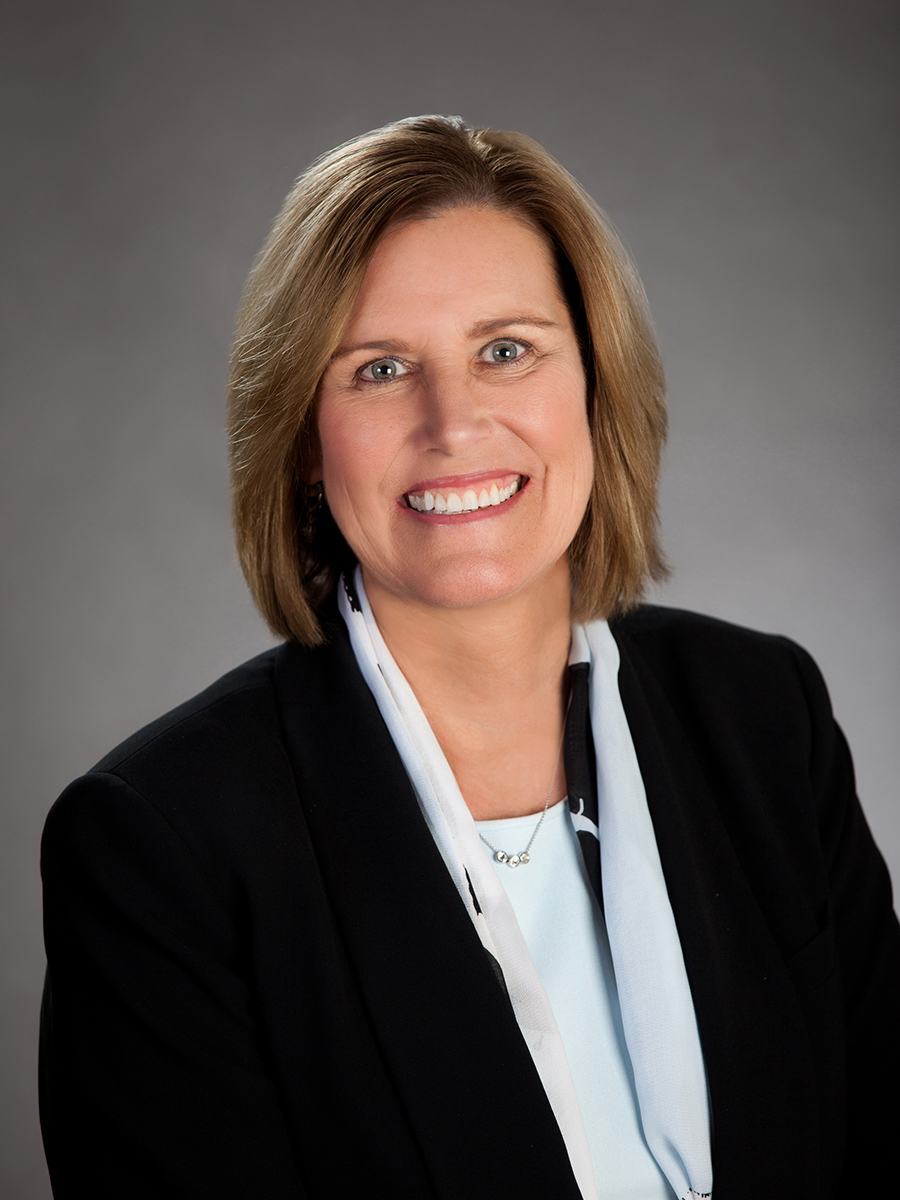
A big reason Terri Kelly became CEO of a $3 billion, 9,500-person organization? Because her peers nominated her. Kelly joined W. L. Gore & Associates — best known for its GORE-TEX breathable waterproof fabric — in 1983 as a process engineer, and she’s never worked anywhere else. That means she’s had ample time to learn the company’s unusual non-hierarchical structure, in which leaders emerge based on who’s willing to follow them. Under her leadership, the partly associate-owned company has been recognized globally by the Great Place to Work® Institute for more than 20 years straight. “She leads by example in her daily interactions,” says Gore associate Amy Calhoun. “She’s not about command and control, but rather about inspiring people to do their best work.”
What makes a good leader?
“The best leaders I have worked with are authentic, approachable, and strike a good balance of confidence and conviction, but also humility. They appreciate that real business success is not strictly measured by the financial outcomes, but a balanced set of metrics that encompass the customer, employees, and impact to all stakeholders. Many companies tap into a fraction of the talent and capability they have within their organizations. The best leaders appreciate that a key part of their job is not putting themselves at the center, but distributing leadership broadly and empowering others to make a difference.”
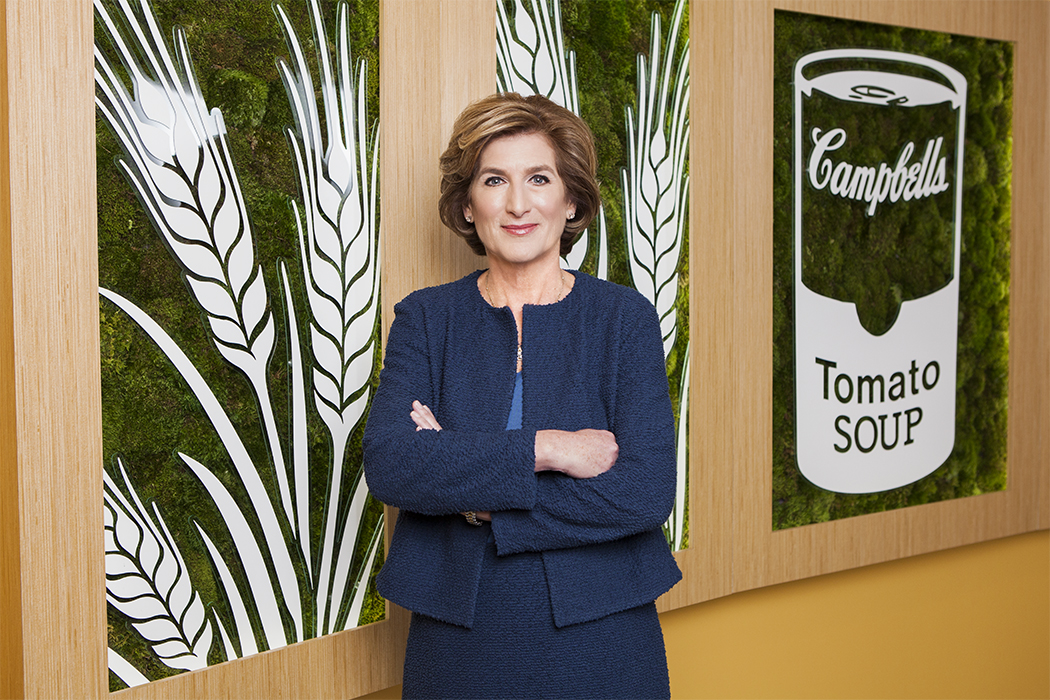
Remember those 32 female CEOs of Fortune 500 companies? Morrison is one of them. Under her leadership, the Campbell Soup Company first articulated a purpose beyond profit: “Real food that matters for life’s moments.” According to Morrison, “These seven words have fundamentally changed the way we think, talk, and act about our food, and serve as a filter for our decision making — from the ingredients and suppliers we select to our positions on important issues facing the food industry.” Case in point: Morrison actually encouraged Plum Organics to become a benefit corporation, after Campbell acquired the mission-driven baby food brand.
How have you seen the concept of “being a good leader” in business change over the course of your career?
“When I started my career, business was much more hierarchical and leadership more straightforward. Leaders set the direction and people followed. Today, most organizations are not so linear. Rather than a ladder, we have a lattice, and leaders must learn a cross-section of skills and be more inclusive, transparent, and agile in their decision making.
“I’m from the generation of women who shattered the glass ceiling. We didn’t wait for doors to open or rungs on the ladder to appear. We moved back and forth, up and down, and across the lattice. We sought new experiences, learned the skills we needed to lead, built important relationships, and shaped the business environment — then and now. We helped redefine what it means to be a leader.
“Authenticity and purpose serve as inspiration for employees to ultimately deliver better results and greater shareholder value. In a world where disruption is the new normal, people are seeking authentic, purpose-driven leaders to encourage and enable them to make a difference and do good in the world, regardless of the headwinds they may face.”
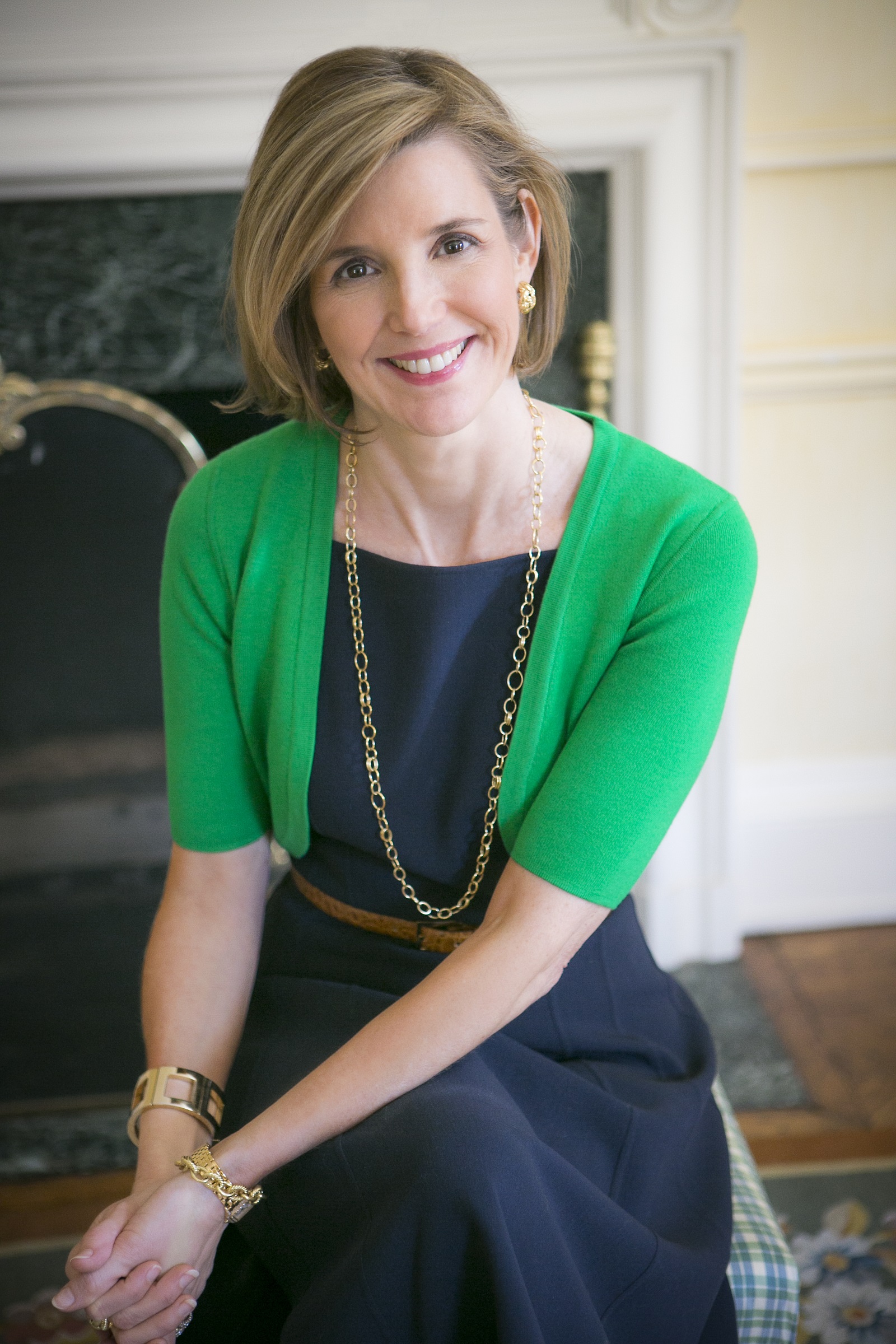
While she’s not operating inside any corporations these days, after two decades on Wall Street including time as CEO of Smith Barney, CEO of Merrill Lynch Wealth Management, and CFO of Citigroup, Sallie Krawcheck knows a thing or two about leading big business. She has been called both “the most powerful woman on Wall Street” and “the last honest analyst.” These days, she’s using her skills and influence to help women advance in the workplace, for both themselves and the greater good. Her current projects — Ellevest, the Ellevate Network, and Pax Ellevate Global Women’s Index Fund — strive to change the culture of business from the inside out by investing in women. The Ellevate Network is a community of 80,000 professional women who are committed to lifting each other up, celebrating the power of diversity, and getting things done.
What makes a good leader?
“Good leaders make difficult, messy, uncomfortable decisions all the time. It comes with the territory. When you find yourself facing a dilemma, think about the kind of person you want to be. More than that, think about what you would do if your children were watching. Think of yourself as a role model, and make the ethical choice. If something doesn’t feel right, trust your gut.”
What is the role of business in making the world a better place?
“There are so many things that businesses can and should do. They should practice diverse, inclusive hiring and promotion. They should seize every opportunity to do right by their clients. They should evaluate success based on their positive impact.”
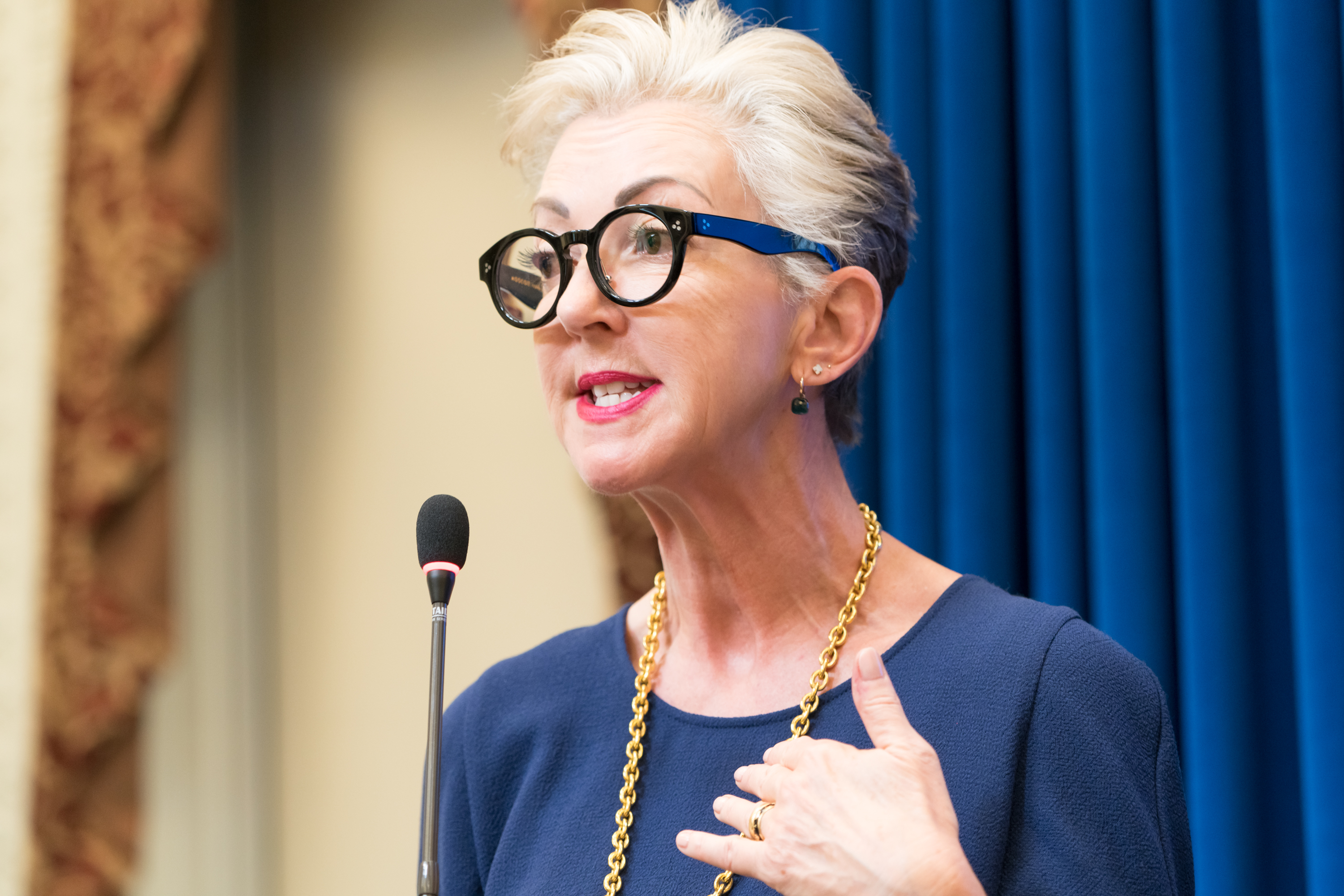
Skin care might not seem like the most obvious mechanism for changing the world, but it’s worked well for Jane Wurwand. In 1983, the UK native came to the US and saw a huge opportunity for offering better training and a focus on health in the booming professional skin care industry. She and her husband first built a training institute (The International Dermal Institute), then a product line (Dermalogica) to empower salon professionals and owners to offer customers a skin regimen based on education, personalization, and human touch rather than pretty packaging, miracle claims, or an outdated beauty paradigm. Today Dermalogica, which was acquired by Unilever in 2015, sells its products through small salons in over 100 countries. By selling products through professionals and offering education through 40 training centers worldwide, Wurwand’s initiatives have helped cultivate female entrepreneurs globally — the salon industry is 64 percent women-owned and is a blueprint for women’s entrepreneurial success. In 2011, Wurwand pushed the company’s commitment to women’s small businesses a step further when she launched the Financial Independence Through Entrepreneurship initiative to help women and girls around the world access education, vocational training, loans, and leadership opportunities. To date, the program has helped fund more than 91,000 loans and has given educational scholarships to women and girls in 15 countries.
Now, Wurwand is finding her voice as a leader in the entrepreneurial philanthropy world, pushing common-sense approaches to investing in education and apprenticeship as pathways to entrepreneurship. Rising Tide Capital founder Alfa Demmellash describes Wurwand as “a woman who is fully in her purpose,” helping spread a heart-centered kind of entrepreneurship and the empowerment that comes with it to women as far and wide as possible.
What makes a good leader?
“A leader has empathy to be able to understand the other person’s point of view and seeks a negotiation that reaches a win–win solution. It’s not about getting the best deal, it’s about reaching a solution where everyone walks away feeling they got the most out of the end result. A leader is decisive; armed with enough information needed to make the hard decision, they do it. A leader has vision and takes the team on the journey with a clear compass, value system, and inspirational message.”
What is the role of business in making the world a better place?
“I believe in three Ps — people, planet, and profits — in that order. We have a responsibility and a huge opportunity to use our business platforms as a voice and our resources to fund and collaborate for positive change.”
What’s giving you hope?
“This new generation is what I call ‘the Giving Generation.’ Unlike the Boomers, they are not just focused on ambition and financial success, and they intend to change the world though a shared economy and empathetic social impact. This is a generation of community and social media and their connectedness gives me hope and huge excitement to empower them!”

The first entrepreneur Kesha Cash helped launch was an African-American fashion designer who was selling his high-end dresses at a flea market. Cash had just left a job on Wall Street and couldn’t believe the designer was working just as hard as her well-off colleagues but seemed stuck instead of advancing. She became consumed with helping him get a proper store, and joined forces with one of her Wall Street mentors to help him. That was the start of a career raising funds and offering capital to underserved communities, first through a fund called Jalia Ventures and now through the $10 million Impact America Fund (IAF). By providing capital for founders building game-changing, tech-driven businesses that create positive social and economic impact in underserved communities, including those who have been previously overlooked by traditional venture capitalists, IAF is not only helping them build individual wealth, but helping them to lift up communities that have also been left behind.
Leadership advice you’ve found meaningful?
“I think it’s important to remember that true leadership is really about working together with the people whose lives you are hoping to impact. As Christopher Emdin says, ‘Never work for marginalized communities. Work with them.’”

Liberman was born into one of the wealthiest families in Australia, but it wasn’t until she walked away from a promising career in Hollywood, met her future husband Danny Almagor, and went through a deep personal journey that she paid attention to her power to influence the world with her resources. After the financial crash of 2008 emboldened her to experiment, Liberman and Almagor founded Small Giants, which she calls a “family impact office.” Before beginning their investment work, she and Almagor decided how much money was enough for them and resolved to contribute to a legacy of justice with the rest. Their mission is to lead the community towards empathy and a new economy by creating, supporting, nurturing, and empowering businesses and entrepreneurs who are shifting us to a more socially equitable and environmentally sustainable world. Their portfolio of change-oriented businesses (which, full disclosure, includes Conscious Company Media) has performed at a high level of profit for the last ten years.
Her best advice to female leaders
“You are the company you keep. If you want to live a conscious life, authentically aligning who you are with what you do, then surround yourself with the best people who model a way of being in the world that inspires you and makes you want to be better.”
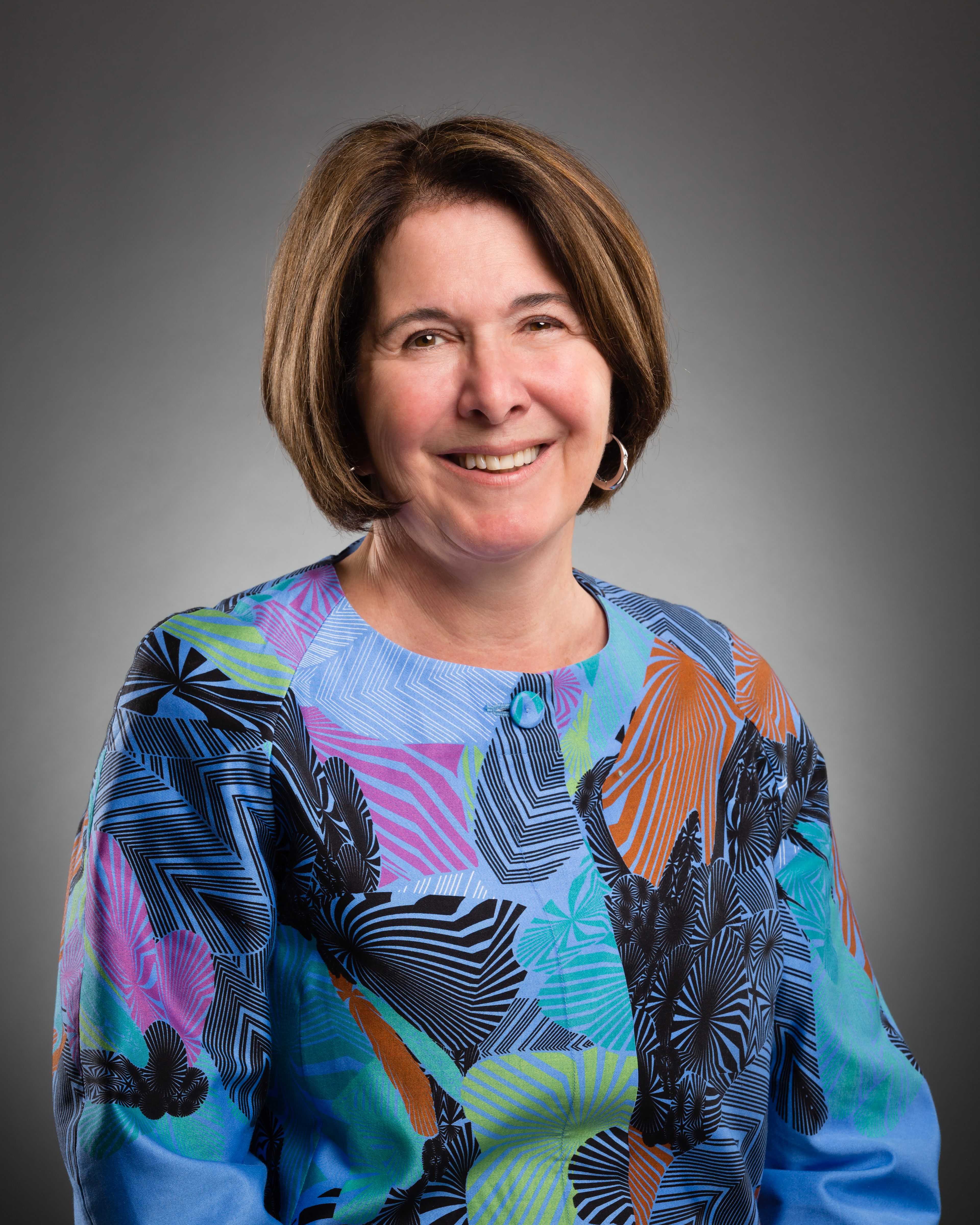
Domini is perhaps the best-known long-term advocate of the idea that “the way you invest matters.” After working as a stockbroker, in 1984 she wrote a book called “Ethical Investing.” In 1989, she co-launched the first benchmark for social investing, the Domini 400 Social Index. Analysis of the long-term record of the Domini 400 Social Indexdemonstrated that investing in accordance with social and environmental standards has led to strong individual stock selection and potentially higher returns. Almost 30 years later, Domini is still a powerhouse in the impact-investing world. She founded Domini Impact Investments LLC, a majority women-managed mutual fund company; authored several more books; and co-founded KLD Research & Analytics (now a subsidiary of MSCI), an influential source of corporate accountability research.
Favorite tip
“There is no substitute for hard work. When you hit a brick wall, study what makes it so strong, find its weak spots, and learn how to convert it into a staircase.”
Her advice for investors
“If you’re going to excel at impact investing, don’t try to look like a conventional investment; find that new path — or hack your way through the jungle and create it.”
What’s giving you hope?
“The surge of impact investing is global. It is creating healthy communities, delivering needed goods and services, rebuilding social structures destroyed by war, creating entrepreneurs who will build the next generation of answers. I love the fact that almost every day I learn of a new firm or initiative in my firm that has an entirely new approach.”
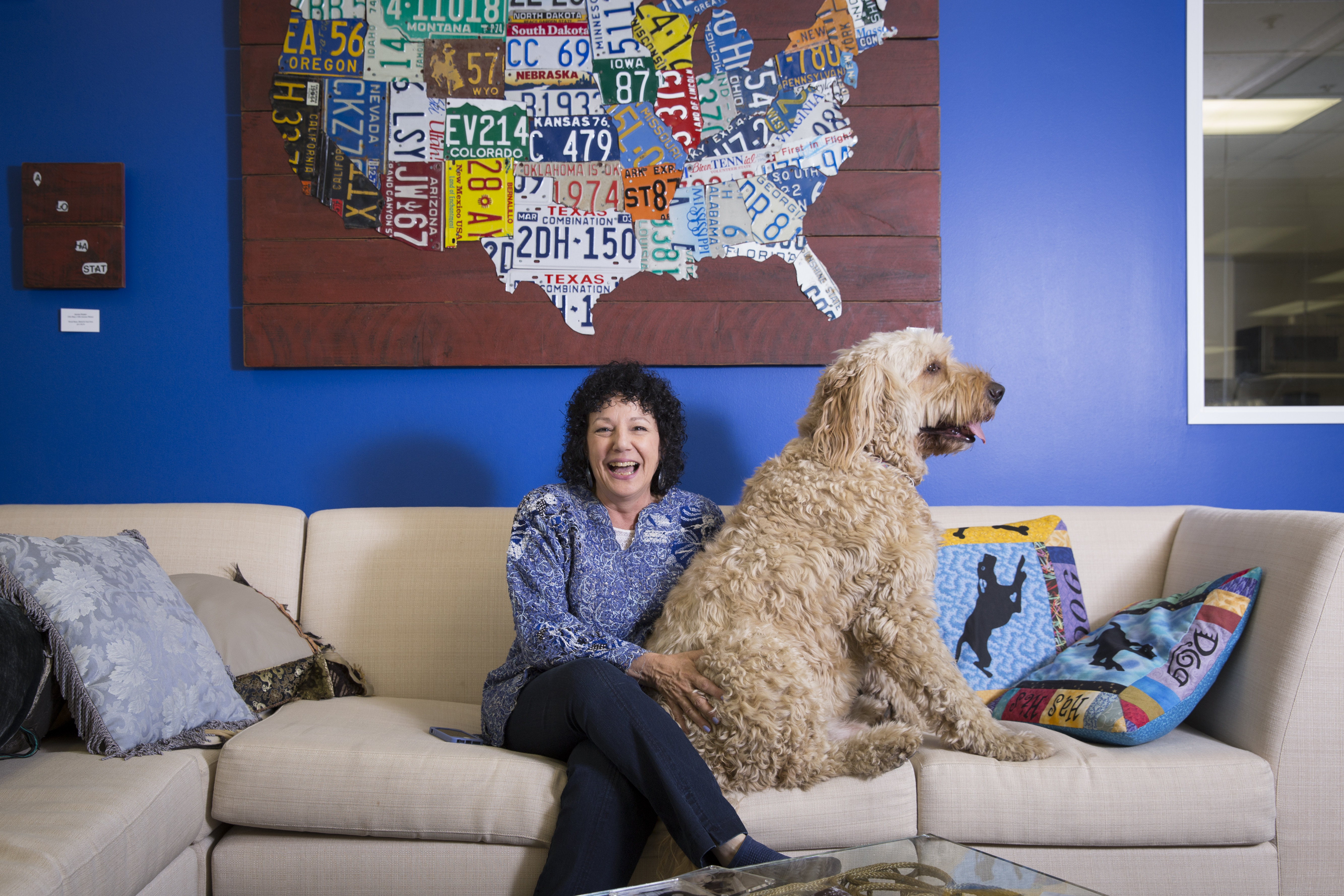
Kapor Klein has been working for decades at the intersection of social justice and technology. After co-founding, in 1976, the first organization in the US to advocate against sexual harassment in the workplace, she was recruited to the software company Lotus to help make it the most progressive workplace in America. Years later, she married former Lotus CEO Mitch Kapor, and the two began a long partnership investing in startups committed to closing gaps of access, opportunity, or outcome for low-income communities and communities of color. She’s out to prove that impact companies can be tremendously profitable, that the lived experience of founders can provide a competitive business edge, and that Silicon Valley’s dismal lack of diversity is not just bad for society, it’s bad for business.
What makes a good leader?
“The best leaders know how to identify and harness talent wherever it can be found. We’ll always give a second look to a company that is fixing a problem based on the founders’ lived experience. They already understand their market, and their personal connection makes them stick to their vision when the going gets tough. This often means that founders from diverse backgrounds — the very people who are too often ignored by traditional investors — make the best entrepreneurs.”
What is the role of business in making the world a better place?
“Silicon Valley likes to talk about itself as being a transformative force in the world — and it has been, but not always with positive results. We’re now seeing a long-overdue questioning of tech’s role in furthering income inequality, undermining rather than promoting democracy, and substituting elitism and bias for a real meritocracy.”
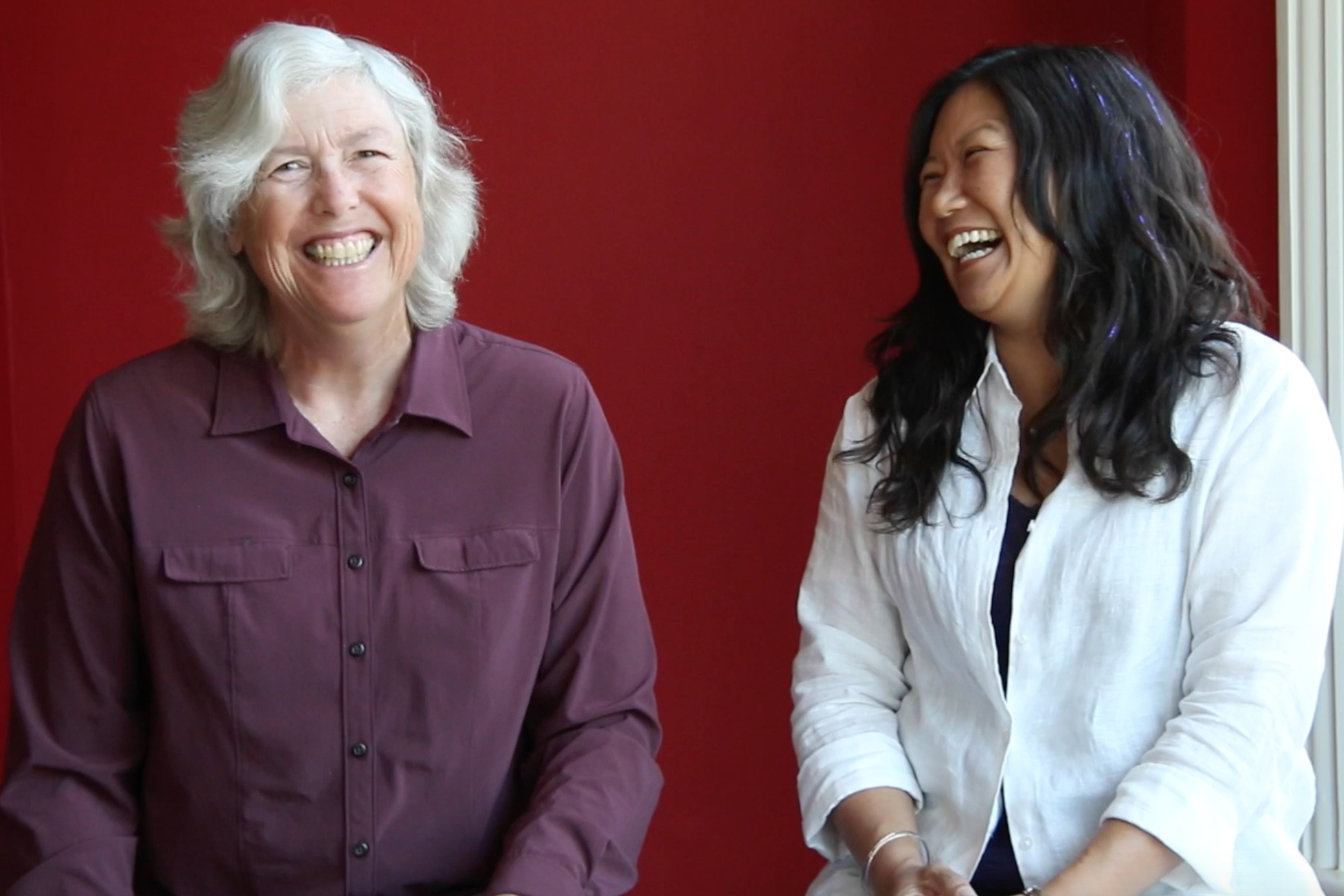
Calhoun had capital to deploy after she and her husband sold their software company. Park had experience in mission-based financial services. Both shared a passion for integrating investment and philanthropic capital to make change. Since 2014, the duo has deployed more than $25 million in grants, loans, and equity investments to approximately 50 organizations and small businesses, mostly farmers and ranchers or their customers. The women’s mission is to develop systems of food production that improve soil health, sequester carbon, and produce great food. “This is an incredibly important part of the food system that badly needs patient and knowledgeable capital,” says Park. Calhoun is also the owner and manager of Paicines Ranch, a 7,600-acre regenerative ranch in central California. The two investors and their team recently launched the #NoRegrets Initiative, an invitation to other investors and philanthropists to incorporate soil health into their decision making.
Advice to female impact investors
“Truly embrace the possibility of using financial capital to make the world a better place. Think outside the current box of return and risk.” — SC
“At the end of the day, it’s all about people, so use your intuitive skills and trust your gut and inner voice when it comes to the people you choose to work with, whether on your team or in your portfolio. And given the choice or opportunity, always go with the answer to ‘how would a woman do this differently than a man?’” — EP
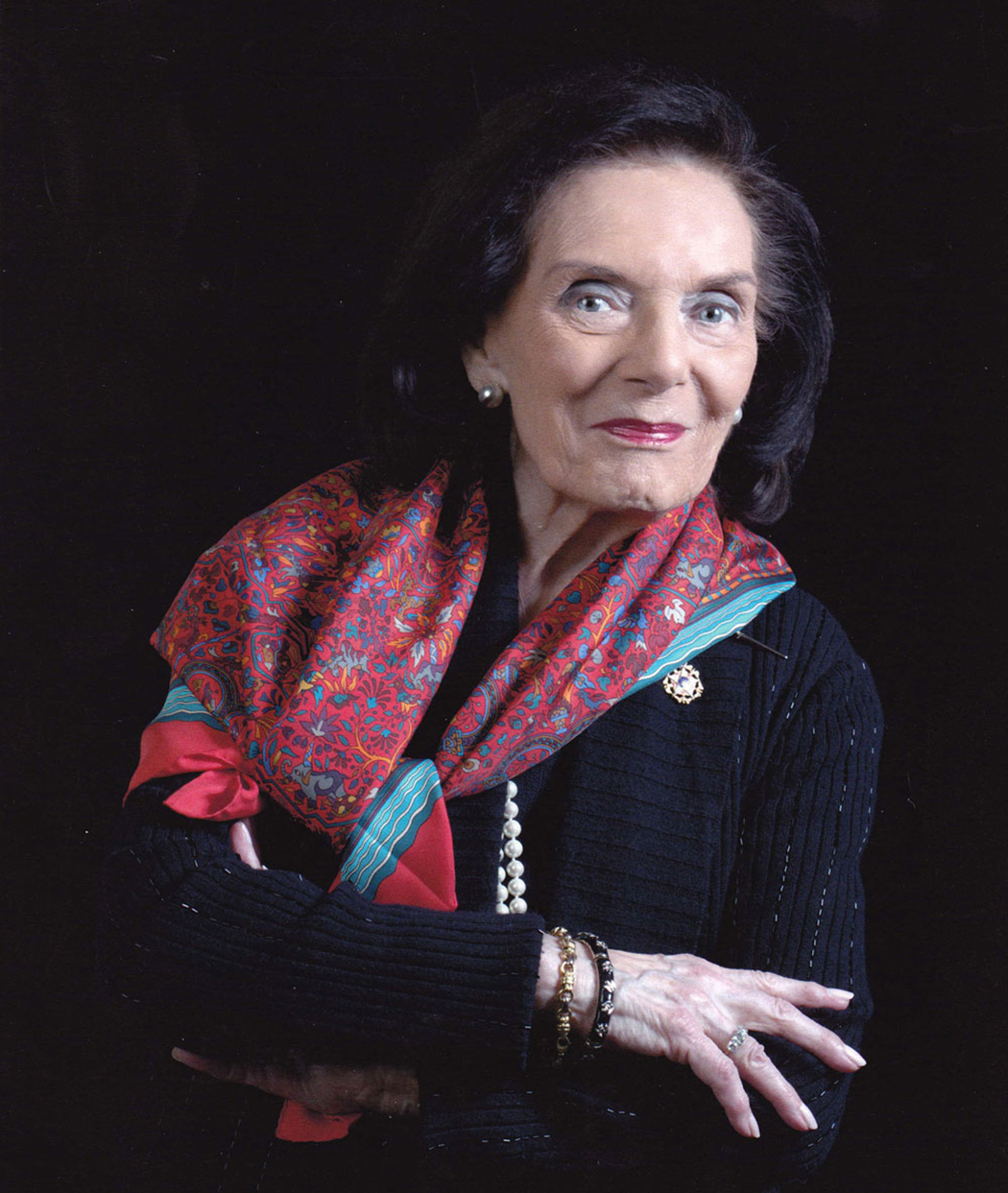
When Peter Drucker, the godfather of modern management, calls someone the “best CEO in America,” people listen. At the time, in 1990, Hesselbein was near the end of her career as CEO of the Girl Scouts of the USA and had led the organization through a major revival by focusing on inclusiveness and mission. In the decades since, Hesselbein went on to lead the Peter Drucker Foundation for Nonprofit Management, which now bears her name; win the Presidential Medal of Freedom; deliver thousands of keynote addresses; and spend more than 20 years publishing the quarterly Leader to Leader journal. These days, she travels six blocks each morning from her New York City apartment to 320 Park Avenue, her offices for more than 25 years. She is as energized as ever, and recently partnered with The Graduate School of Public and International Affairs’ Johnson Institute for Responsible Leadership at the University of Pittsburgh to further her work on an even more global platform. She prefers not to have her age mentioned, because to quote her grandfather, “Age is irrelevant, it is what you do with your life that counts.”
Key tips
“Think first, speak last.”
“Leadership is a matter of how to be, not how to do.”
“To serve is to live.”
What makes a good leader?
“Focus on mission, innovation, diversity.”
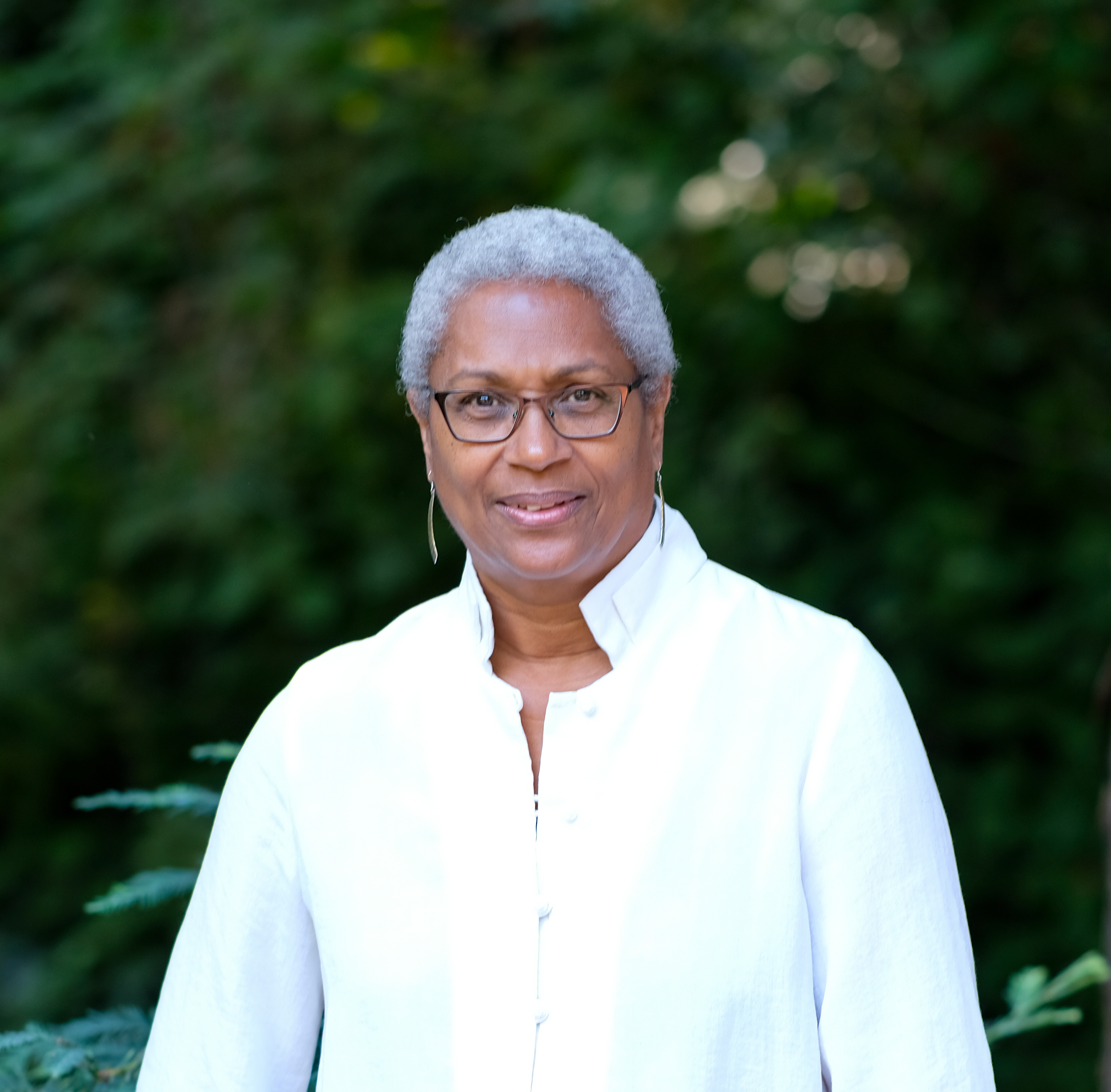
If you’re part of the social impact space, odds are high that you or one of your mentors has been touched by Windwood’s wisdom — she’s an influencer of influencers. Her Rockwood Leadership Institute has more than 7,000 alumni (of which 68 percent are women and 52 percent are people of color), making it the nation’s largest, most diverse provider of multi-day leadership trainings for the social change community. As its president since 2008, Windwood has become nationally recognized as an expert in elevating the effectiveness of leadership and collaboration in the nonprofit and social benefit sectors. She leads trainings nationally and internationally, and has more than 30 years of experience cultivating leaders. Impact-investing and social-change pioneer Joel Solomoncalls her gatherings “exceptional and extraordinary.”
Her advice for female leaders
“Trust yourself. Honor your intuition. If it feels right, the chances are that it is. If it feels wrong, the chances are that it is. Be as brave as you can, and gather other brave women around you for mutual support. You are more wise than you probably know.”
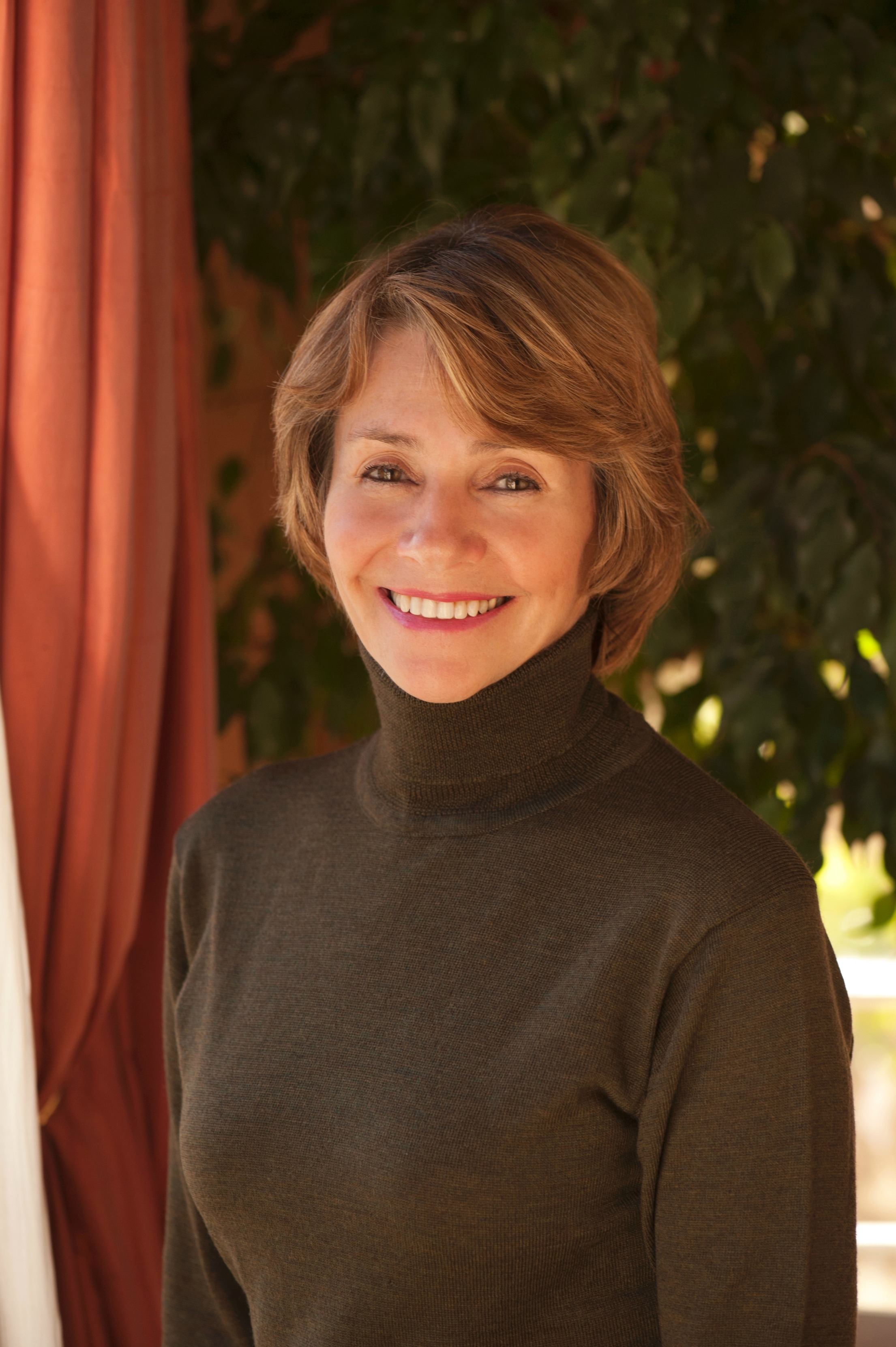
Twist has raised hundreds of millions of dollars for ending world hunger, empowering women and girls, exploring the dimensions of human consciousness, protecting the world’s rainforest, empowering indigenous people, transformational education, and more. Her book “The Soul of Money” has influenced many leading CEOs and C-suite executives in large, medium, and small companies throughout the world. Through talks and webinars Twist has inspired millions of people to transform their relationships with money and with their goals in life. Also make sure to check out our extended conversation with her.
What makes a good leader?
“If you’re a leader, you’re leading even when you don’t want to. Much of leadership is the way you live, the way you speak, the way you think, the way you behave, the way you are. To be a conscious leader is to have integrity with all aspects of your life. You’re modeling all the time.”
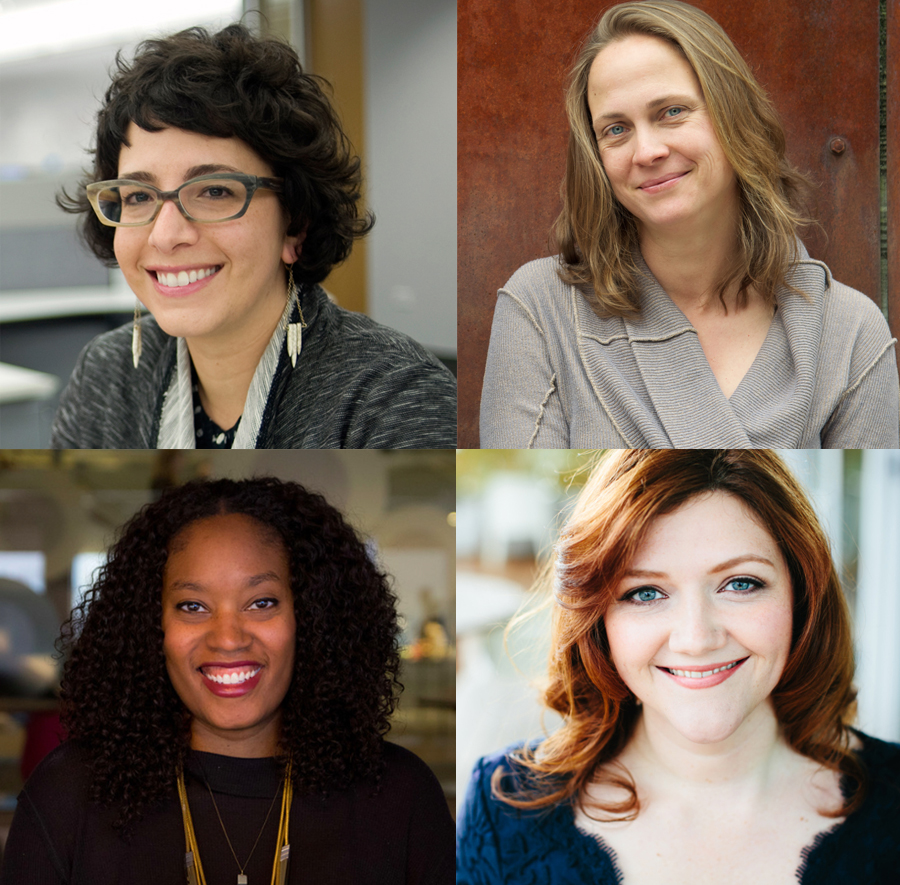
Brandel, Scholtz, Williams, and Zapeda are all co-founders and CEOs of their own enterprises that each exist to solve a real-world problem. By the end of 2016, they were each fed up with the unicorn paradigm that’s dominant in Silicon Valley: that the highest good is finding, starting, or investing in unicorn companies that exist for the sake of exponential growth, 10x returns, and a quick exit. By the time the four met through a series of serendipitous encounters, each of them had been working on alternative models and narratives. They decided to join forces to give name and shape to their shared vision for an alternative business culture. They chose the zebra as their symbol, because, as Brandel and Zepeda explain, “they are not black and white, but both, combining profit and purpose; they come in many different stripes; are collaborative as well as fierce; and represent the ethos of solving real-world, systemic problems rather than chasing a quick buck.”
In March 2017, the team published the movement’s manifesto, “Zebras Fix what Unicorns Break.” It immediately struck a chord. In the nine months that followed, they raised close to $150,000 from government, investors, companies, entrepreneurs, and leading foundations like MacArthur, Knight, Rockefeller, and Long Now to convene over 250 founders, funders, and thought leaders to DazzleCon, their 2017 inaugural conference in Portland, Oregon. “DazzleCon is not ‘our’ conference,” says Scholtz, “but the expression of the answer to our question ‘I wonder how many others think and feel as we do?’ It’s our effort and offering to create a generous, welcoming container where we can co-create the community and tools that entrepreneurs like us need and want.”
Favorite leadership advice
“Leadership is the willingness to be yourself in all circumstances, and to create an environment for others to do the same. Not leaving your true self and desires at the door gives permission for others to bring their full vision forward, too.” — JB
What are the key traits of a truly conscious leader?
“They treat others as others wish to be treated. They do so by caring enough to actually ask how others wish to be treated, and they are extraordinary listeners.” — JB
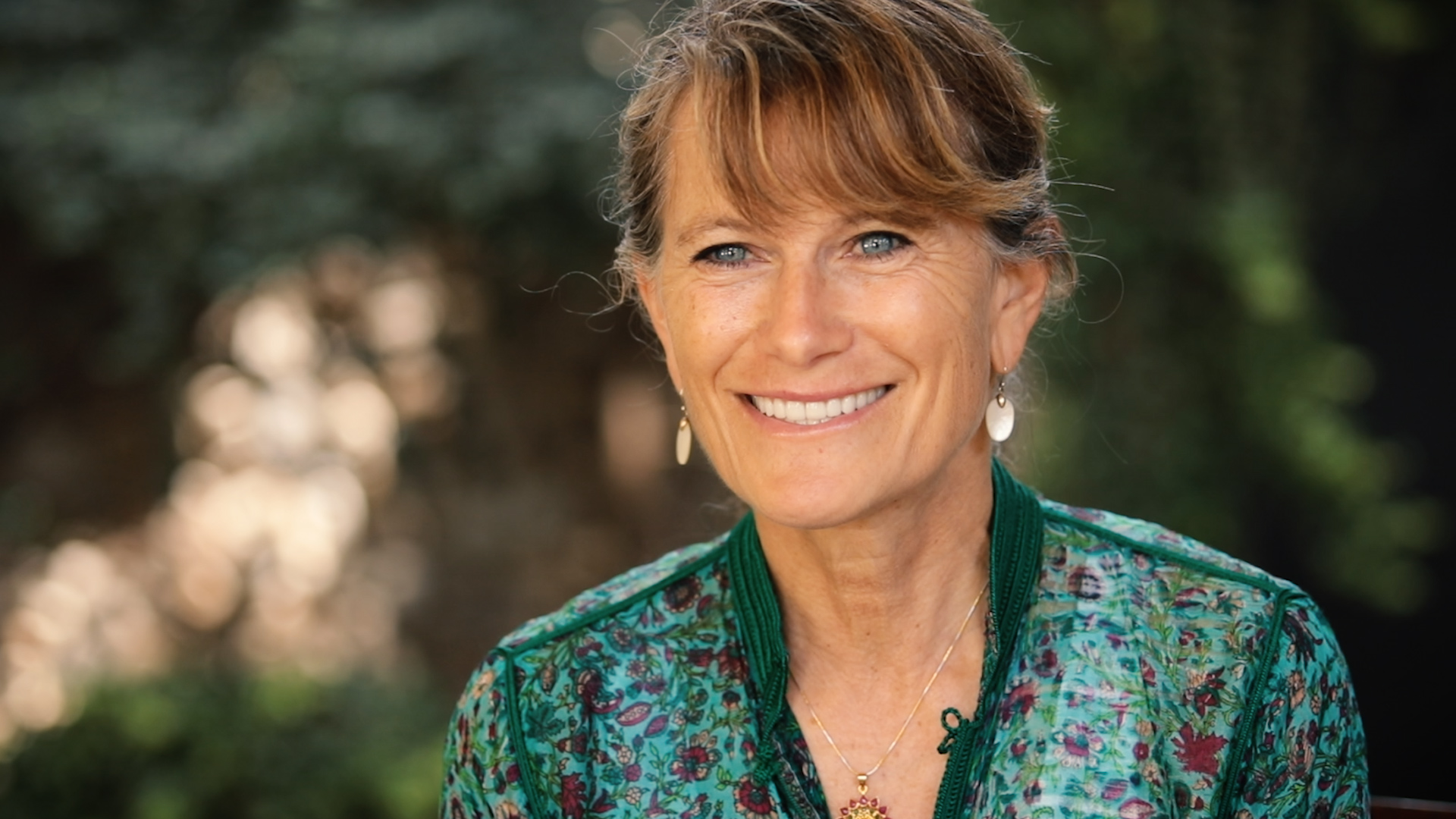
Novogratz’s impact work began in 1986 when she quit her job on Wall Street to co-found Rwanda’s first microfinance institution, Duterimbere. The experience inspired her to write the bestseller “The Blue Sweater: Bridging the Gap between Rich and Poor,” and create Acumen, a social venture fund that uses philanthropic capital to invest in entrepreneurs and startups that serve the poor. Under Novogratz’s leadership, Acumen has invested $111 million in 104 companies across Africa, Latin America, South Asia and the United States since 2001. In 2017, Forbes listed Novogratz as one of the World’s 100 Greatest Living Business Minds.
Favorite tip
“My mentor told me regularly to ‘focus on being interested, not interesting.’ I’ve passed on this adage to every Acumen fellow and many others. Today’s leaders have to commit themselves to something bigger than themselves. If you go where your true longing meets the world’s pressing needs, you will find before you even realize it that you are living a life of meaning in a world that needs you more than you know.”
Advice for female thought leaders
“If you really have the daring to make change and reject the status quo, you have to learn to not only be uncomfortable with yourself but let other people get uncomfortable. You can hold them through that discomfort, but if you are not willing to go there, you are not going to create the change you want to see, not fast enough.”





